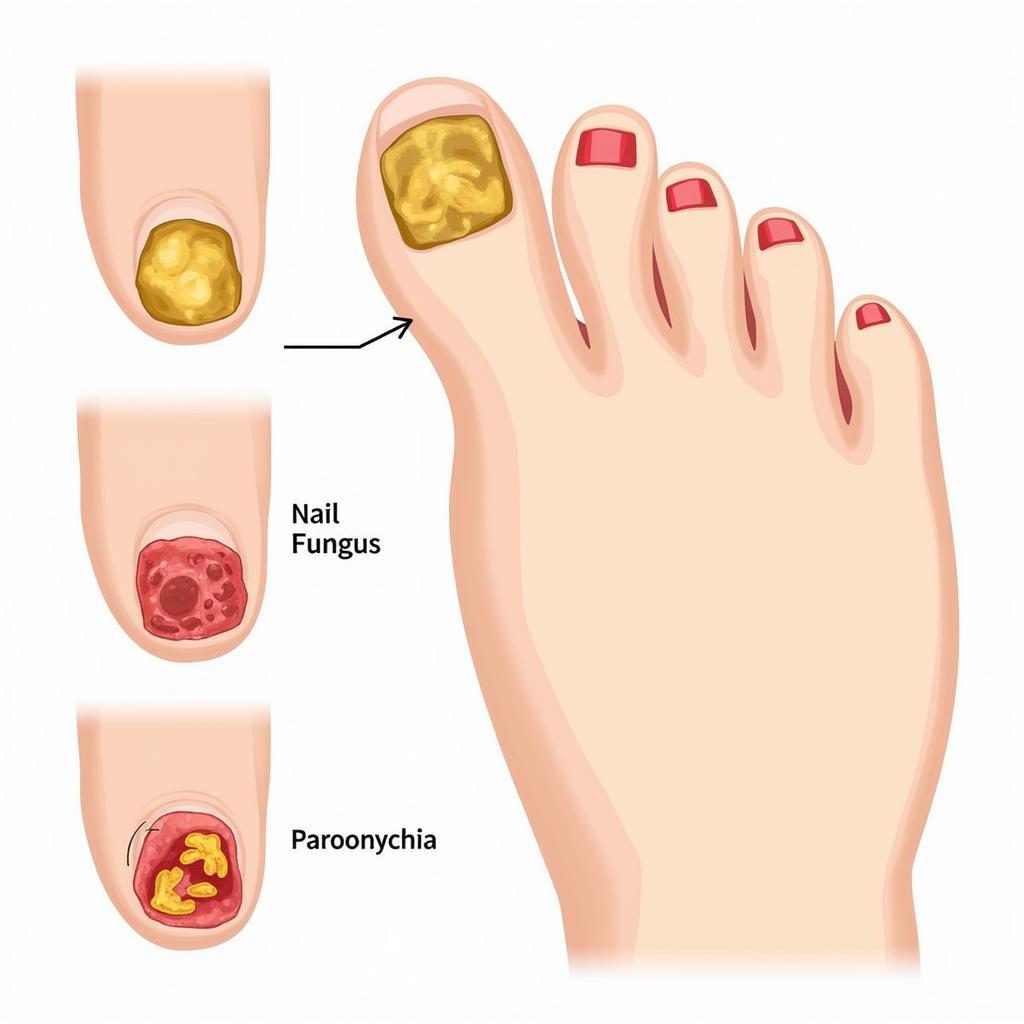What is the Importance of Disinfectant in Nail Care Services?
Maintaining clean and hygienic practices is paramount in any personal care service, and nail care is no exception. While we often focus on the artistry and relaxation associated with manicures and pedicures, understanding the crucial role of disinfectant in these services is essential for both nail technicians and clients. Disinfectants are not merely cleaning agents; they are powerful tools that eliminate harmful microorganisms, preventing the spread of infections and ensuring a safe and enjoyable experience for everyone.
The Unseen Threat: Why Disinfectant Matters
Our hands and feet come into contact with countless surfaces daily, accumulating dirt, debris, and a multitude of invisible microorganisms. These microorganisms, including bacteria, fungi, and viruses, can thrive in warm, moist environments like those found around the nails. Without proper disinfection, nail care services can inadvertently become breeding grounds for these microorganisms, potentially leading to infections for both clients and technicians.
 Close-up of various nail infections.
Close-up of various nail infections.
How Disinfectants Protect You During Nail Services
Disinfectants work by killing or inactivating harmful microorganisms on surfaces and tools used during nail services. They act as a crucial line of defense, minimizing the risk of cross-contamination and infection.
Here’s how disinfectants safeguard your health during nail care:
- Preventing the spread of infections: Disinfectants effectively eliminate disease-causing microorganisms, reducing the likelihood of infections such as nail fungus, warts, and other bacterial or viral infections.
- Protecting both clients and technicians: Proper disinfection protocols benefit both the client receiving the service and the technician performing it, creating a safer environment for everyone involved.
- Ensuring tool longevity: Disinfectants also help maintain the integrity and prolong the lifespan of nail care tools by preventing the buildup of bacteria and other contaminants.
Choosing the Right Disinfectant: What to Look For
Not all disinfectants are created equal. When choosing a disinfectant for nail care services, look for products that:
- Are EPA-registered: Ensure the disinfectant is registered with the Environmental Protection Agency (EPA), signifying it meets specific safety and effectiveness standards.
- Have a broad-spectrum efficacy: Select disinfectants that are effective against a wide range of microorganisms, including bacteria, fungi, and viruses.
- Are compatible with nail care tools and surfaces: Opt for disinfectants that won’t corrode or damage metal tools or porous surfaces.
- Have clear instructions for use: Follow the manufacturer’s instructions carefully for proper dilution, contact time, and safety precautions.
Beyond Disinfectant: Other Essential Hygiene Practices
While disinfectants play a vital role in nail care safety, they are most effective when combined with other essential hygiene practices:
- Hand Hygiene: Frequent and thorough handwashing with soap and water is crucial for both technicians and clients.
- Cleanliness of Workstations: Maintain a clean and organized workstation, disinfecting surfaces between each client.
- Proper Tool Handling: Avoid dropping tools on the floor and ensure they are adequately cleaned and disinfected after each use.
- Single-Use Items: Use disposable items like emery boards, buffers, and toe separators for each client whenever possible.
Conclusion
Disinfectant is not simply an option but a necessity in nail care services. By understanding its importance and adhering to proper hygiene protocols, we can collectively create a safer and healthier experience for everyone. Remember, when it comes to nail care, prioritizing hygiene is not just about aesthetics; it’s about protecting yourself and others from potential harm.
Let’s work together to ensure that every nail service is not only beautiful but also safe and healthy.
